'How the church saved my daughter from child marriage'
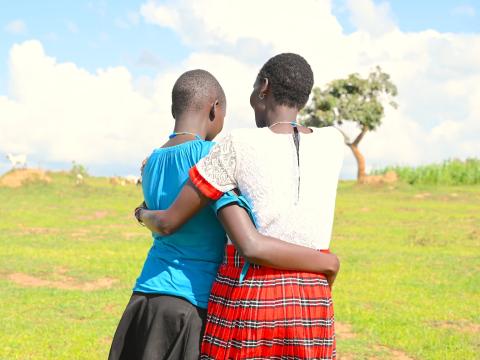
By Sarah Ooko, World Vision Senior Communications & Media Officer, Kenya
Christine, now in her thirties, lives in West Pokot County, Kenya. She was married off as a second wife to an older man, more than a decade ago. Due to high poverty levels, her parents could not afford to take her to school nor cater for her needs. The marriage was therefore convenient for them.
Christine had no choice but to adapt to her new reality. Nevertheless, she vowed to turn the tides with her children and ensure that they had a better chance at getting educated and having a bright future.
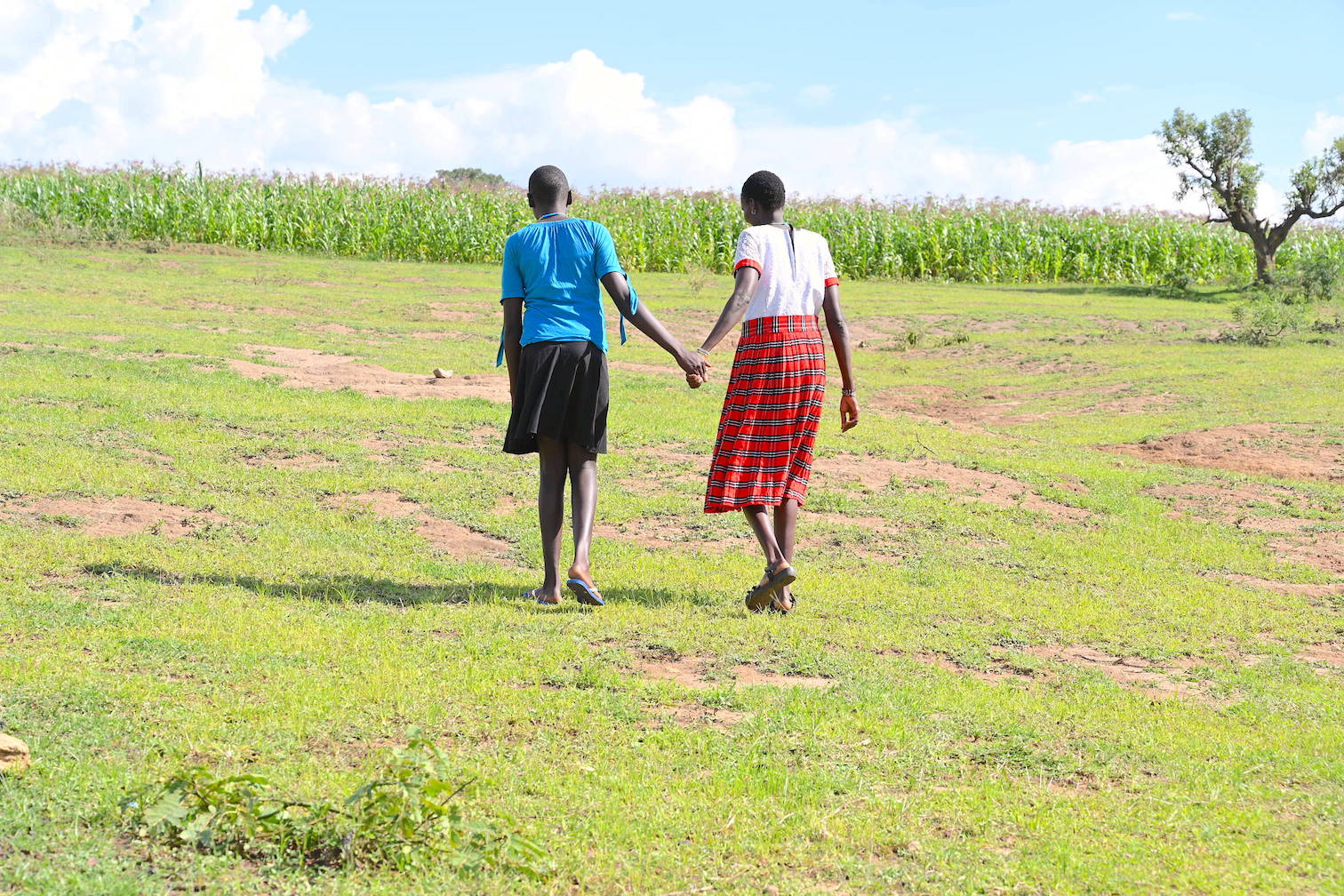
Through God's grace, Christine notes that she succeeded in achieving this goal amid difficulties and was glad when her daughter, Mary*, completed her primary school education and qualified to join high school.
But the joy was short-lived. Christine later realised that she could not afford to purchase uniform, books and other items listed as mandatory by the high school that her daughter had been admitted to.
"I reached out to my husband but he did not appear to be bothered. It's as if it did not matter whether our daughter went to high school or not," she recalls.
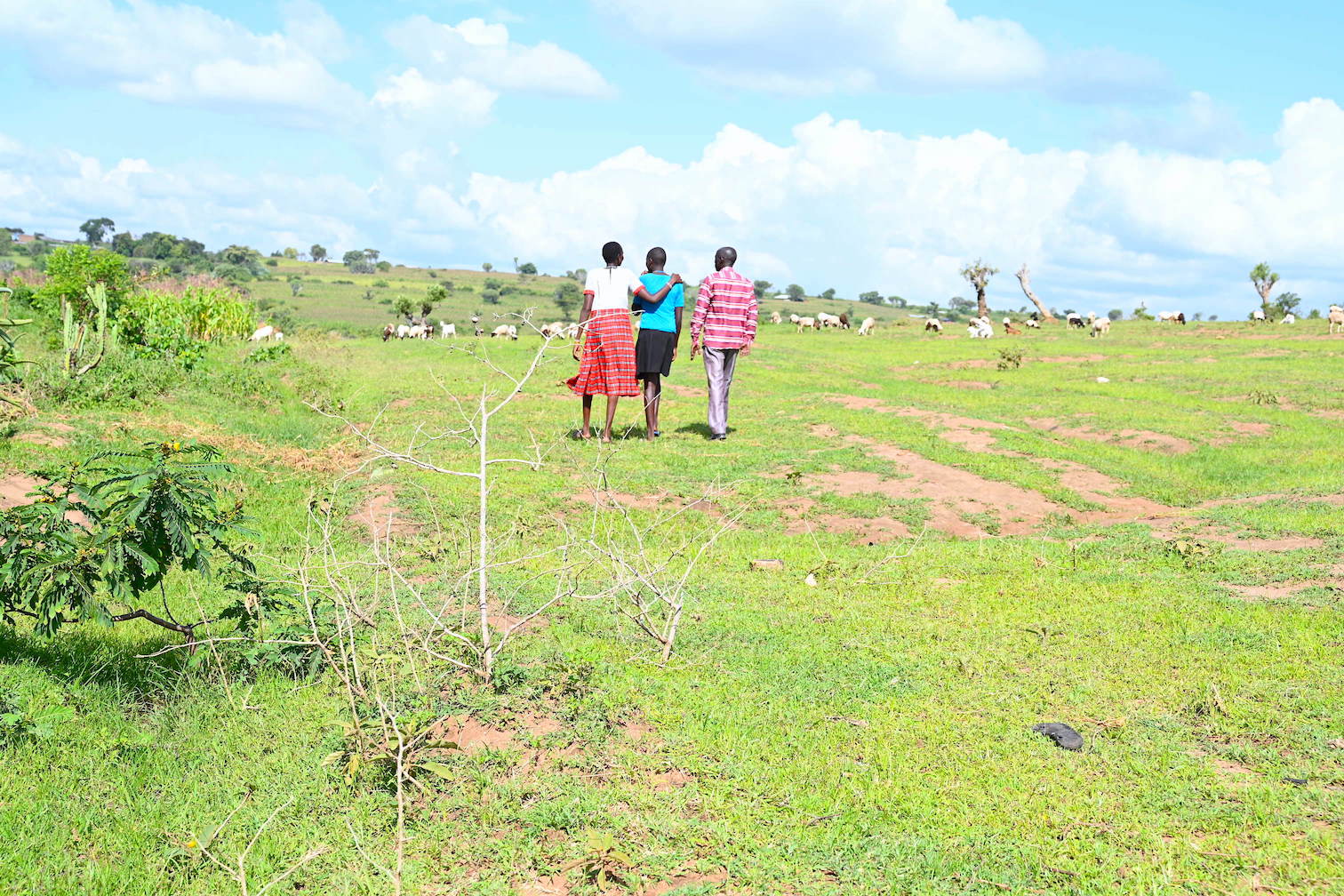
Shortly thereafter, Christine got wind of a secret plan by his husband to marry off her 14-year-old daughter to an older man in exchange for livestock (as dowry) that would increase his wealth.
"I couldn't believe it! I felt crushed and disappointed. History was repeating itself and I could not stand the thought of my daughter ending up like me," she says.
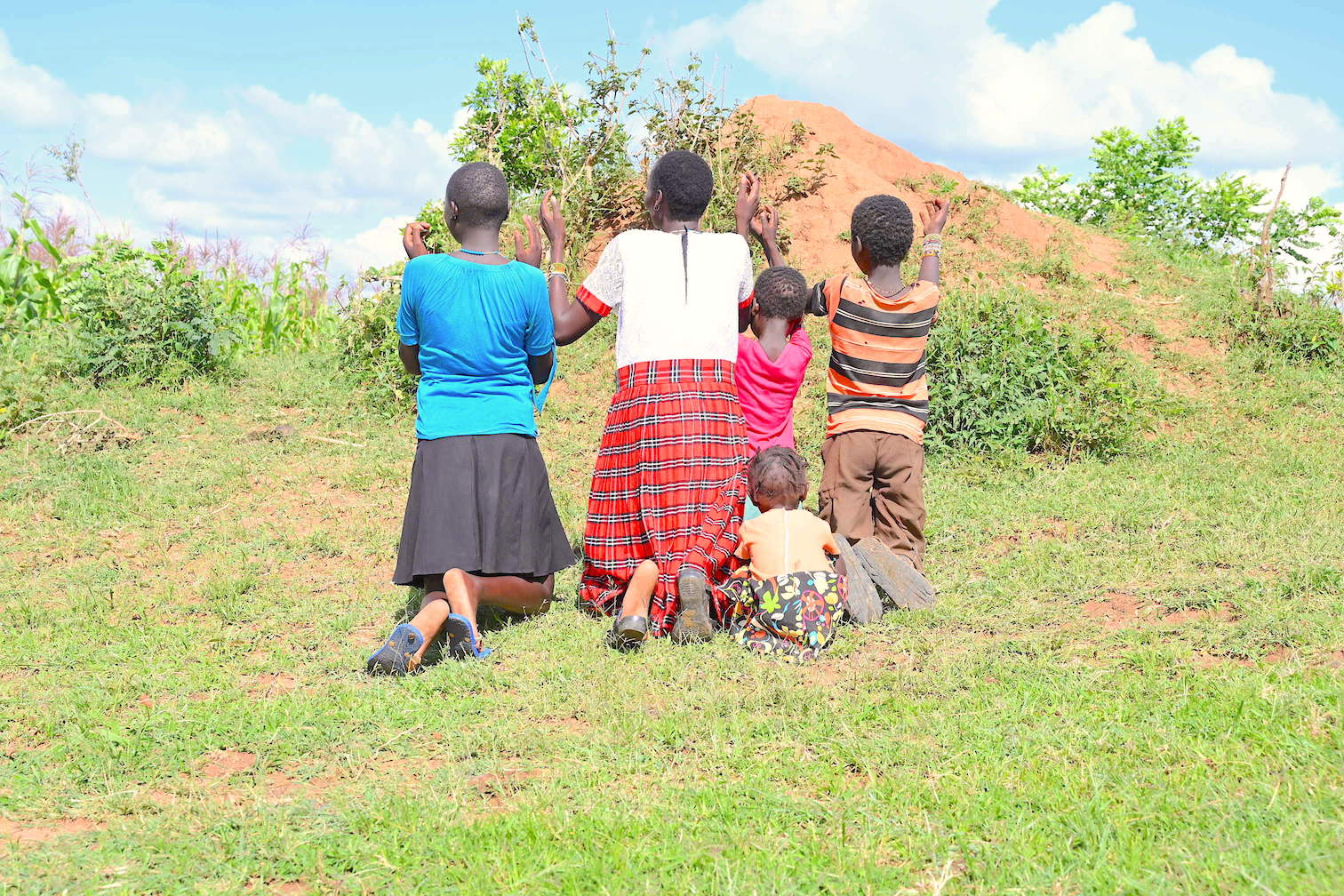
That weekend, Christine went to church with a heavy heart. As the pastor was preaching, her mind wouldn't concentrate. She just kept wondering why God would let her go through what was happening in her life. She felt alone and dejected.
While in the midst of these stressful thoughts, Christine heard the pastor say that aside from spiritual matters, he was going to educate the congregation on child protection matters that day.
He then went ahead to talk about harmful cultural practices of the Pokot community, especially Female Genital Mutilation (FGM) and child marriage, which were infringing on the rights of girls and denying them the opportunity to achieve their potential in life.
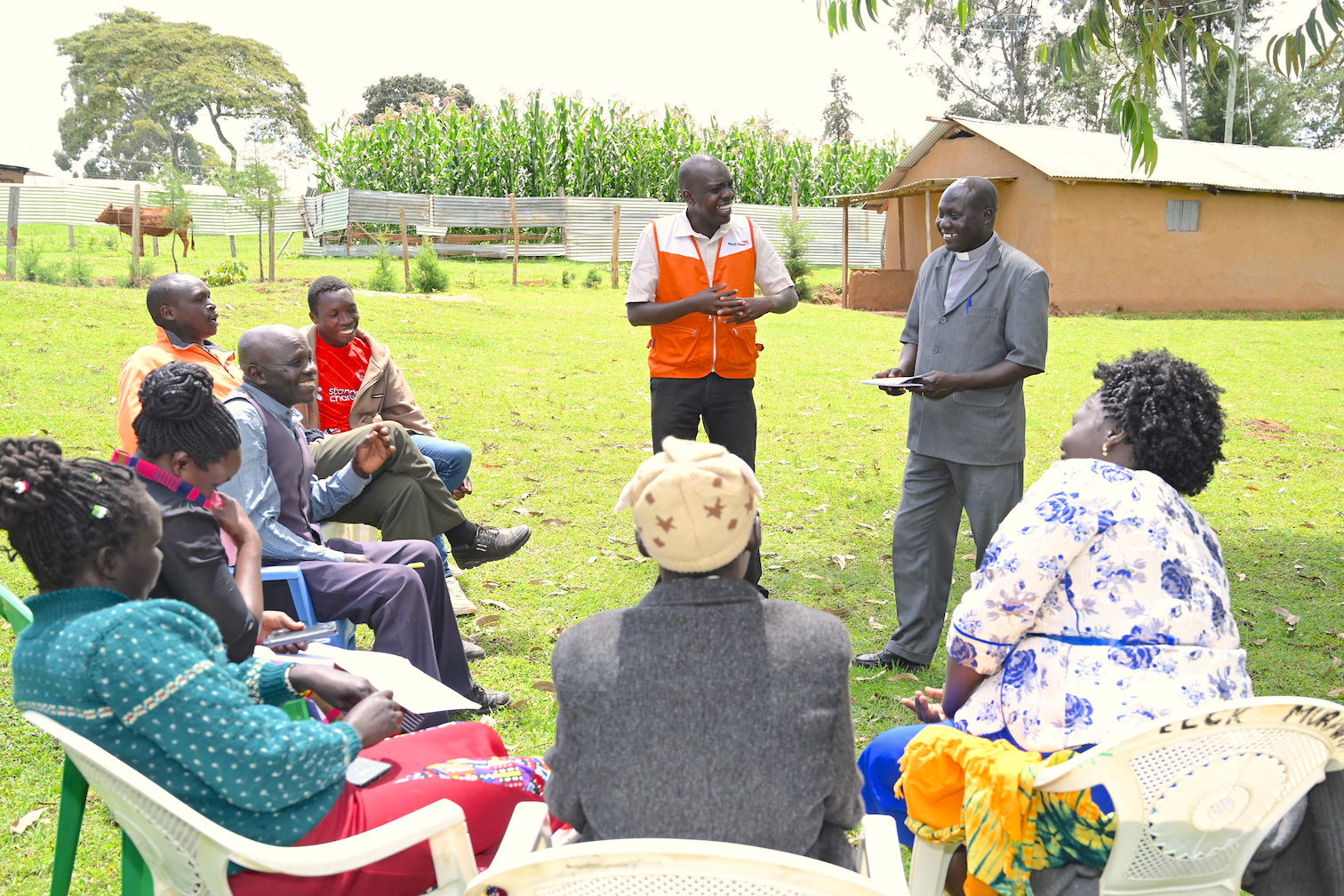
The pastor had gained in-depth knowledge on child abuse after undergoing training on World Vision's Channels of Hope (COH) model for Child Protection. This was done under the GIZ-funded Working Together for Children and Young Adolescents project in Kenya, which was implemented by World Vision in collaboration with Deutsche Stiftung Weltbevölkerung (DSW), as well as the Faith to Action Network (F2AN).
The training seeks to equip faith leaders and communities with knowledge or skills that enable them to prevent and respond effectively to cases of violence against children.
This entails supporting survivors, addressing cultural norms that perpetuate violence, promoting peace to overcome violence and striving for authentic justice that brings healing and reconciliation.
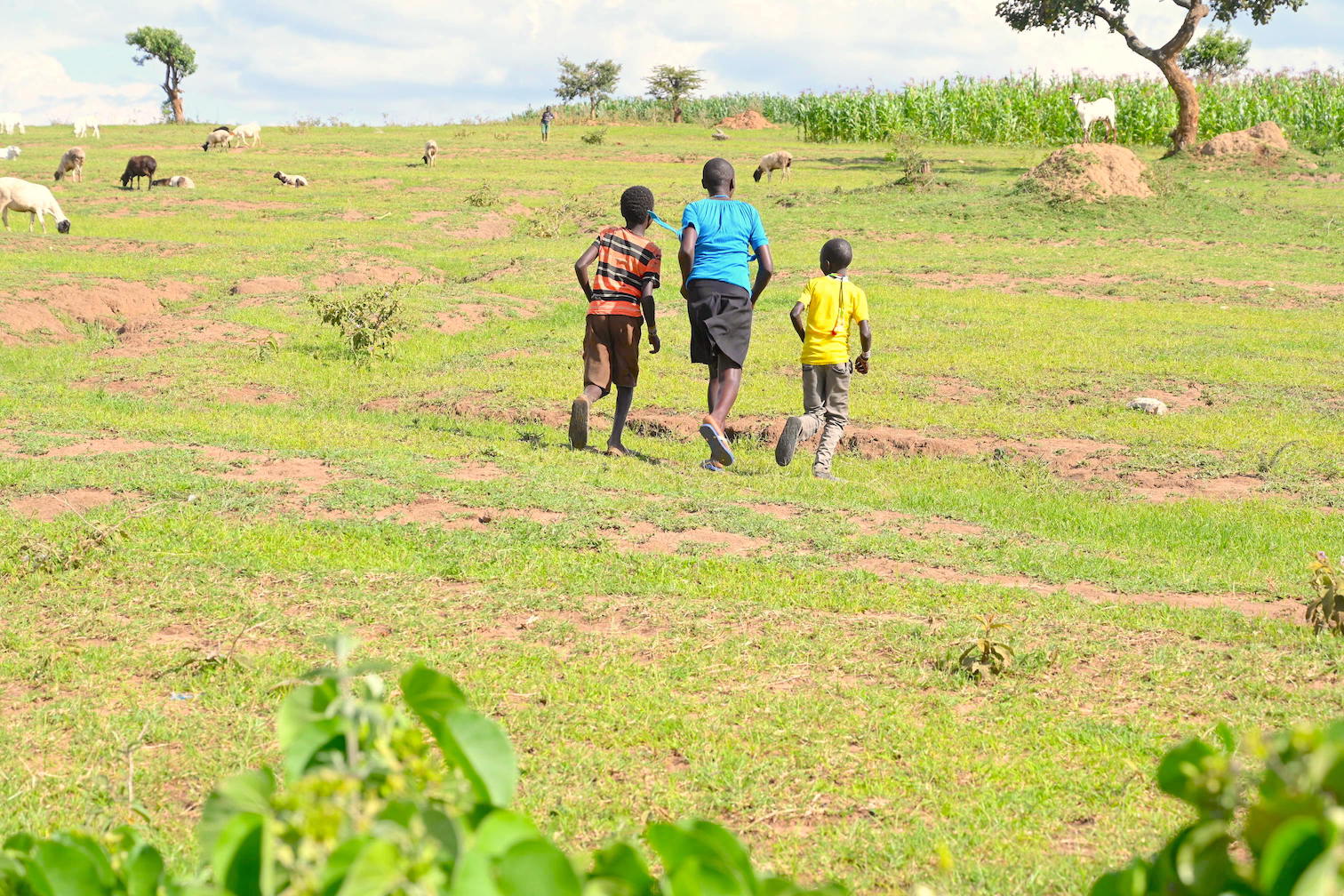
"The issue of FGM and child marriage is a big problem in West Pokot. Yet, churches were silent about it since we have always thought that the work of faith leaders is to just share the word of God and urge people to get saved so they can go to heaven. All this changed after the training we got through the support of World Vision. I realised that it is our God given responsibility to help our communities tackle various problems that they face. We can't just focus on how people should prepare for heaven, which will happen after they die. Yet, they are still alive and in desperate need for answers or solutions to life challenges happening in the world that we live in," says Reverend Francis Ritenyang, the lead pastor of the Kapenguria Evangelical Lutheran Church in West Pokot County, Kenya.
He acknowledges that his first sermon or message that focused on child protection issues resonated well with the congregants.
"At first, people appeared surprised because these were issues that they didn't expect to hear the pastor dwelling on, so much. But after the initial shock, they got engrossed in the sermon and I could tell that something had changed. They were deeply touched by the message as they felt that I was connecting with them at their point of need," he says.
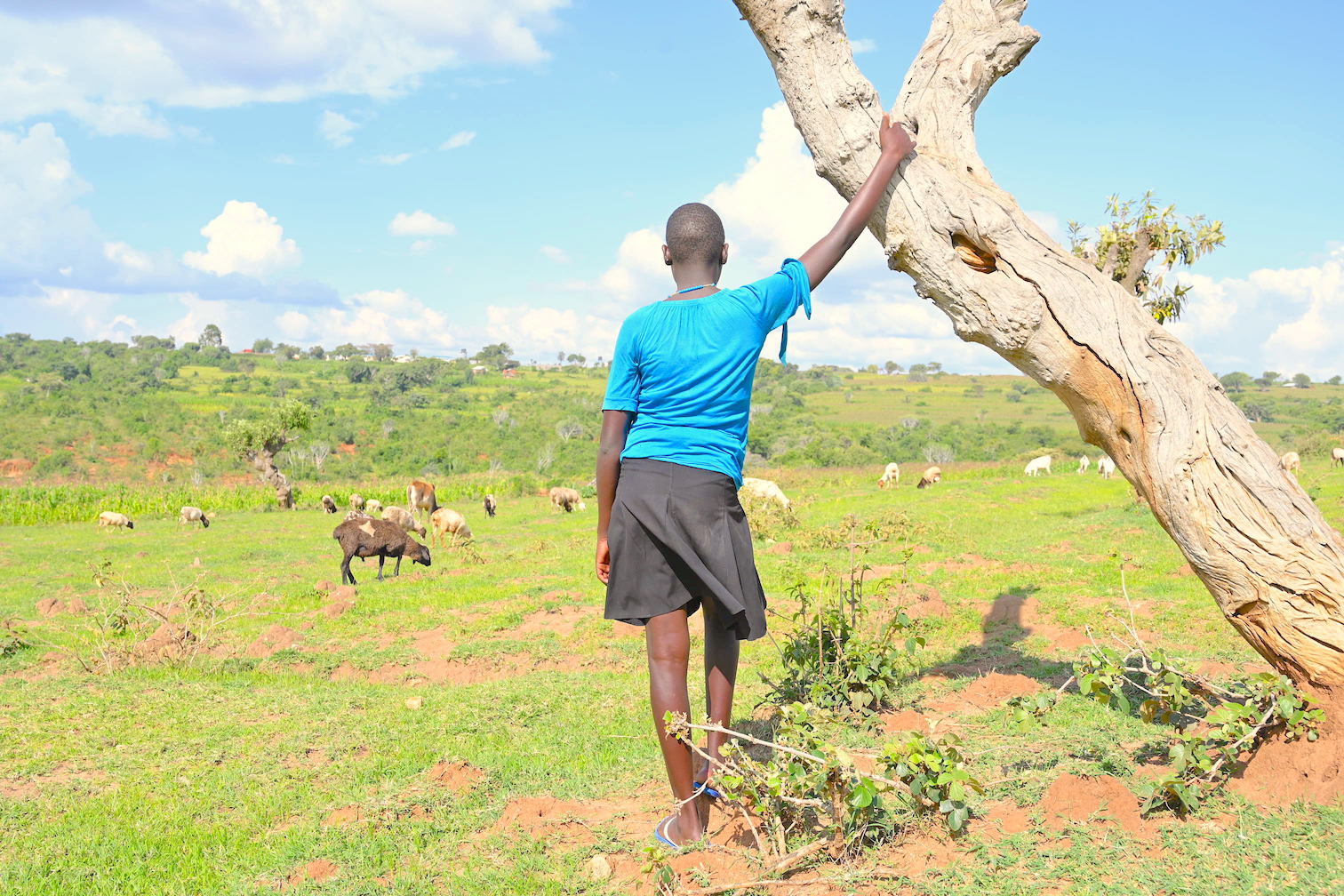
Christine, who was among the audience had tears running down her cheeks as Reverend Francis talked about the effects FGM and child marriage, as well as how children or families going through the challenges could be helped.
"This was God answering my prayers. I had come to the church feeling stressed and I began having hope. At the end of the sermon, the pastor asked if there was anyone going through challenges related to the subject the sermon had covered. I came forward and shared my story," she says.
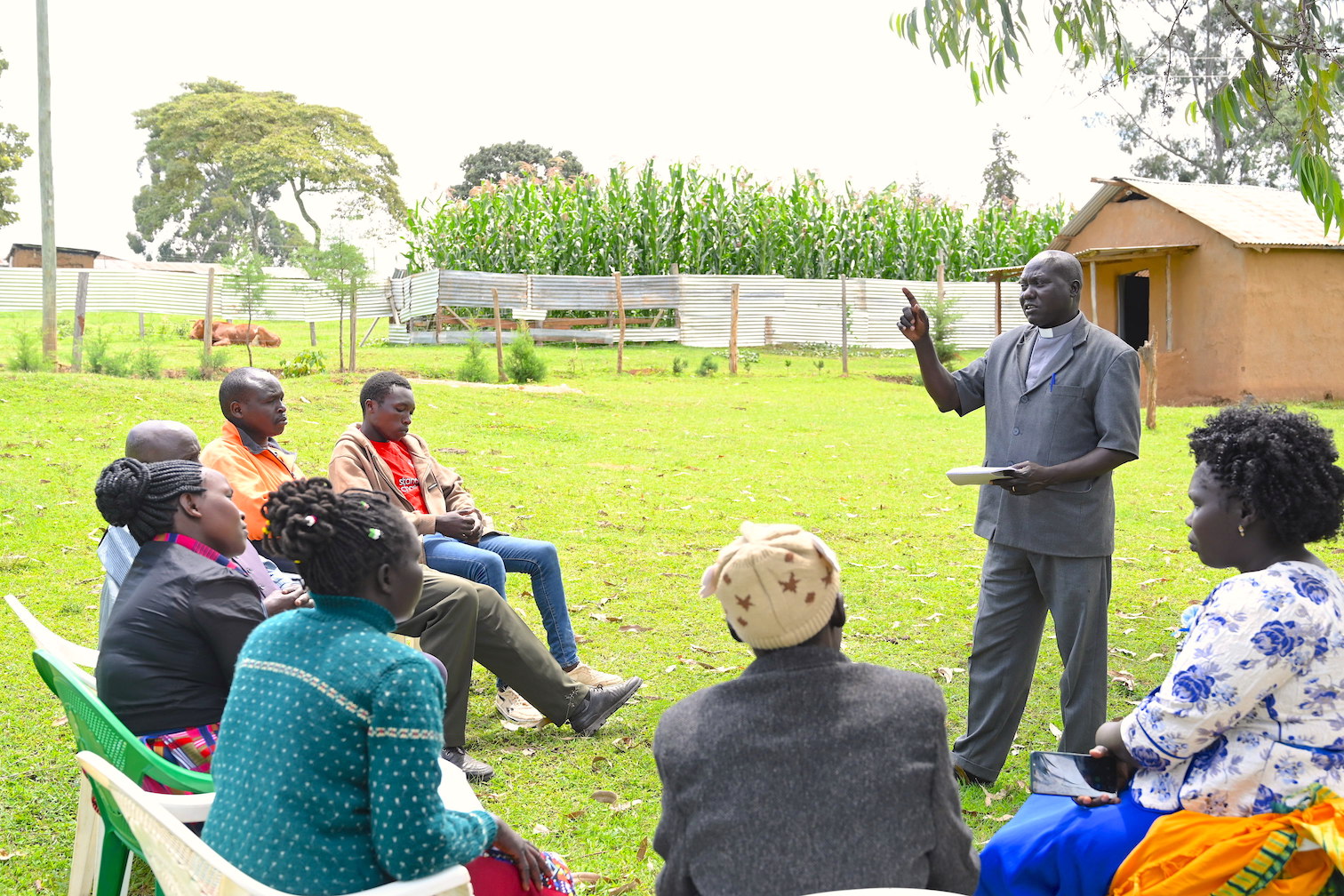
Reverend Francis together with other church elders eventually intervened and succeeded in dissuading Christine's husband from marrying off their daughter.
Local authorities as well as government child protection officers were also incorporated into the conflict resolution process to ensure that it happened according to the law and was able to yield sustainable results.
The church went further to offer financial support that enabled Christine's daughter, Mary to enrol in a suitable high school and continue with her studies.
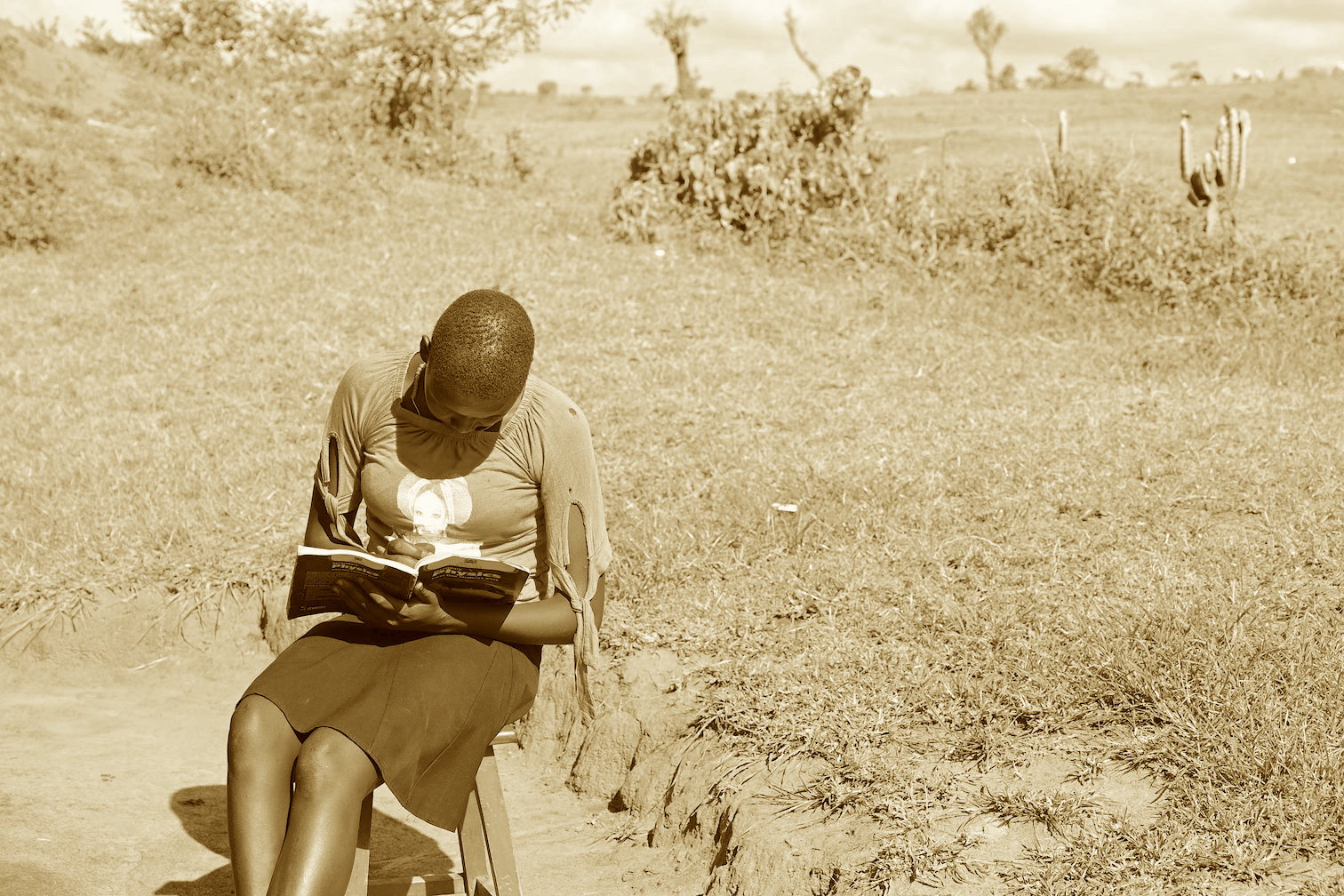
"Most girls from my village often get married before completing primary school but my mother always assured me that she would protect me from FGM and child marriage. This promise kept me going and I excelled in the Kenya Certificate of Primary School Education examination," notes Mary.
She adds, “Despite the success, I was not sure that I would go to high school since my parents lacked money to afford the fees required. This terrified me because I knew that the more I stayed home, the easier it would be for my dad to marry me off. But my mum told me that we should continue praying and having faith. God came through and now I am in school enjoying my studies. It feels like a miracle!"
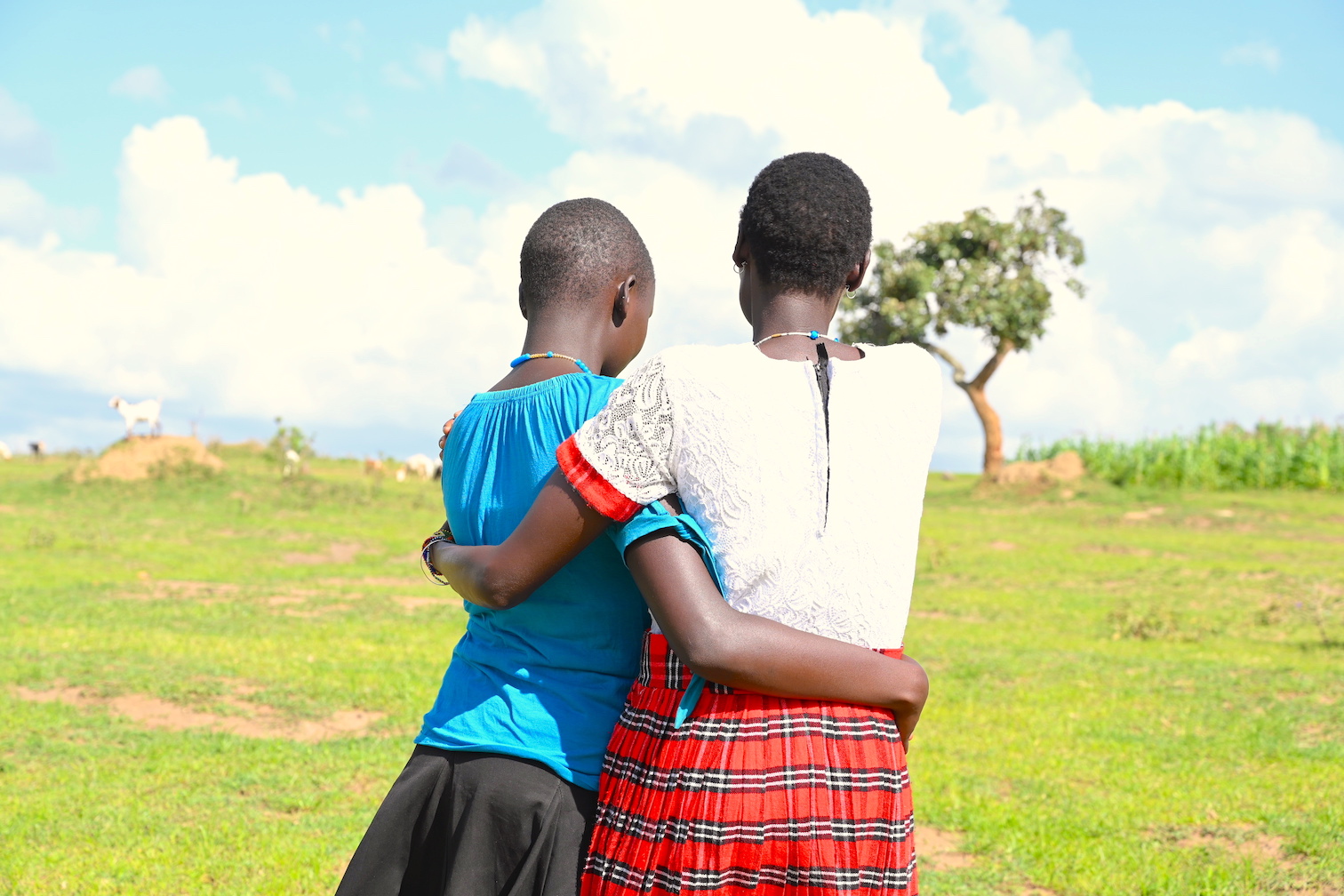
Her mum Christine is equally glad that God worked through the church and saved her daughter from what appeared to be an inter-generational cycle of child violence.
"I want Mary and my other daughters to have a better life than mine and this can only happen if they go to school. Well-educated women get good jobs and become financially independent. This gives them the power to decide who they want to marry and when they want to do so. They also have the ability to take good care of their children. This is the dream that I have for all my children," she says.
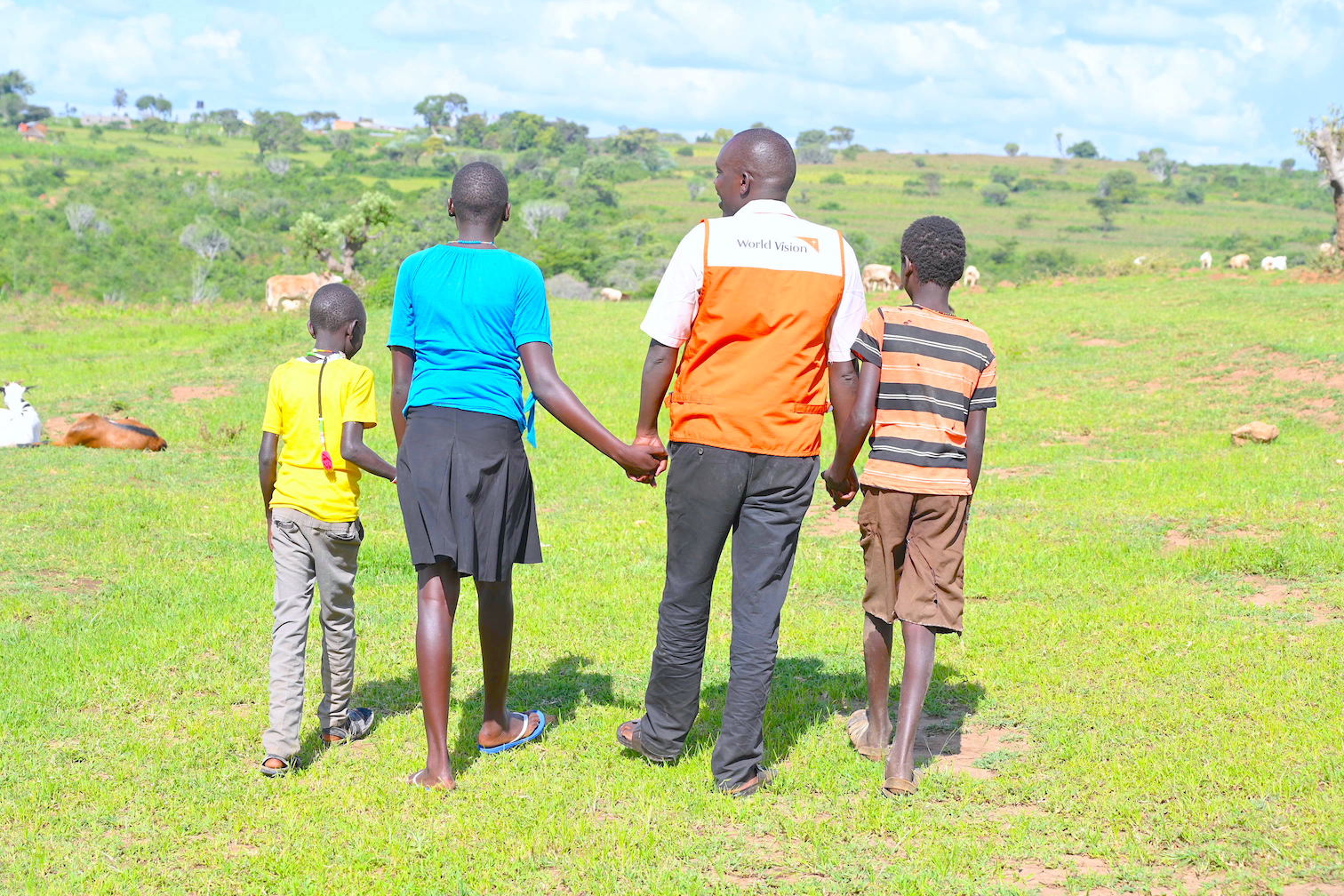
Based on a 2017 report released by the Anti-FGM Board and UNICEF in Kenya, the FGM prevalence rate among girls and women aged between ten and 49 among the Pokot community is 74 percent.
Interventions spearheaded by churches and faith leaders, such as Reverend Francis, are going a long way in helping communities to shun these harmful practices.
Kepha Nyandega, the Faith and Development Advisor for World Vision Kenya notes that church leaders are usually the first line of defence against any challenge affecting the society. This is because the church is the institution closest to the community.
Moreover, he notes that the scripture (1Peter 5:2) admonishes church leaders to “be shepherds of God’s flock that is under your care, watching over them—not because you must, but because you are willing…”
“Unfortunately, many church leaders lack skills and knowledge on how to do this. This is why World Vision uses models like the Channels of Hope to empower them to take an active role in defending the vulnerable members of their flock [congregants] as well as those in the wider community,” he says.
*Name withheld to protect the identity of the child